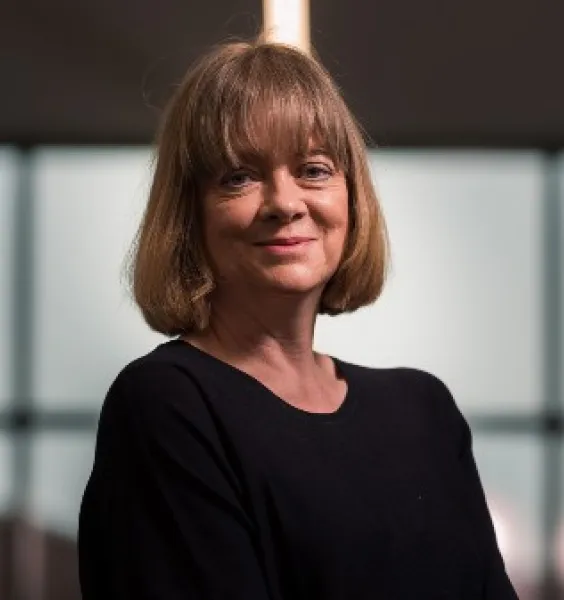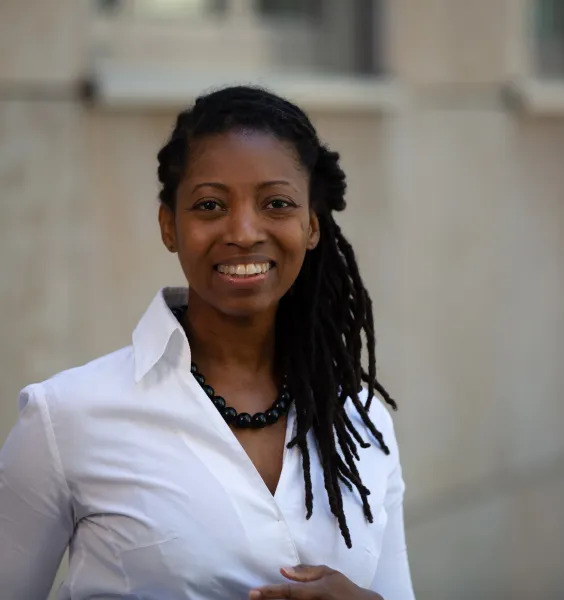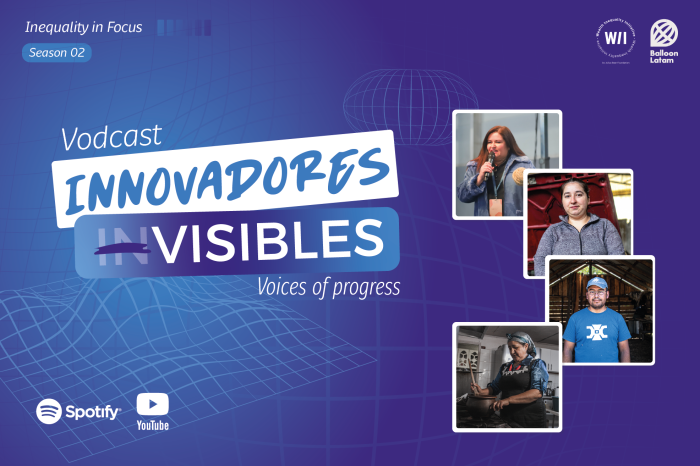As an epidemiologist and a Fellow of the UK Faculty of Public Health, Kate Pickett’s work focuses on the social determinants of health. Throughout her career, Kate has been studying the impact of variables such as inequality, social class and neighbourhood contexts on people’s health and development. Her findings led her to become an activist for equality and co-founder of the Equality Trust.
In this podcast talk with Nathalie Jean-Baptiste, Kate unveils the deep connection between inequality and poor health and how it affects the wealthy just as much as the underprivileged.
The more unequal a society is, the more relevant wealth and status in the social hierarchy are, the more mental health and self-esteem are vulnerable, both up and down the social ladder.
Schizophrenia, anxiety, obesity, diabetes, and many other mental and physical conditions are directly linked to the levels of inequality existing in our societies. Since 2007, Kate Pickett’s studies have highlighted this evidence-based correlation, including cross-country benchmarks and data linked to different groups across the wealth and social pyramids. The main reason, according to the co-author of the ‘Spirit Level’, lies in the stress and pressure induced by the value attributed to social status and wealth. The solution is to be found in more egalitarian policy systems.
Appointed by the Greater Manchester Combined Authority, between 2020 and 2021 Kate chaired the Greater Manchester Independent Inequalities Commission, which recently reported on the root causes and drivers of inequality across the city-region and offered solutions to tackle them.
Societies are never immune to inequality
Although the global COVID-19 pandemic has exacerbated all existing inequalities over the last two years, she does see positive effects due to greater awareness, with public authorities now placing inequality at the core of their commitments.
“Social change can come quite quickly once there’s a grassroots demand”, she says. “The pandemic has given shape to that.”
While Kate describes Scandinavian countries as the global reference for structurally egalitarian societies, grounded on strong welfare and social security systems, she also warns how crucial it is to stay vigilant and firmly committed to avoid slipping into the inequality trap.
Did you enjoy this exchange? Who would you like us to meet to discuss Wealth Inequality?
Tell us what you think and share your suggestions with us for our future podcasts with engaging guests

Kate Pickett is Professor of Epidemiology in the Department of Health Sciences, and Deputy Director of the Centre for Future Health at the University of York; she is a Fellow of the RSA, of the UK Faculty of Public Health, and the British Academy of Social Sciences.
Kate’s research focuses on the social determinants of health and health inequalities, with a particular interest in child development. Kate is co-author, with Richard Wilkinson, of the bestselling books, ‘The Spirit Level: why more equal societies almost always do better’ (2009) and ‘The Inner Level’ (2018). Kate is also a co-founder and patron of The Equality Trust and a global Ambassador for the Wellbeing Economy Alliance.

Nathalie Jean-Baptiste is the Deputy CEO and the Senior Programme Manager - Wealth Inequality at the Julius Baer Foundation, which she joined in March 2020. Prior to Julius Baer, she led an action research unit in East Africa for 4 years. Nathalie has an extensive research background, she was a Marie Curie Global Fellow and worked for the last 15 years in the field of urban studies. Her work focused on inequalities, urban vulnerabilities and transformation. Nathalie is an architect graduated in Mexico City and holds an MSc and PhD from the Bauhaus University. Her international experience bridging science and practice spreads across Mexico, Germany, Burkina Faso, Ethiopia, Tanzania as well as Australia. She is a board member of the International Association People-Environment Studies and currently serves as a mentor in the WISA - Women in Science and Art Program.

